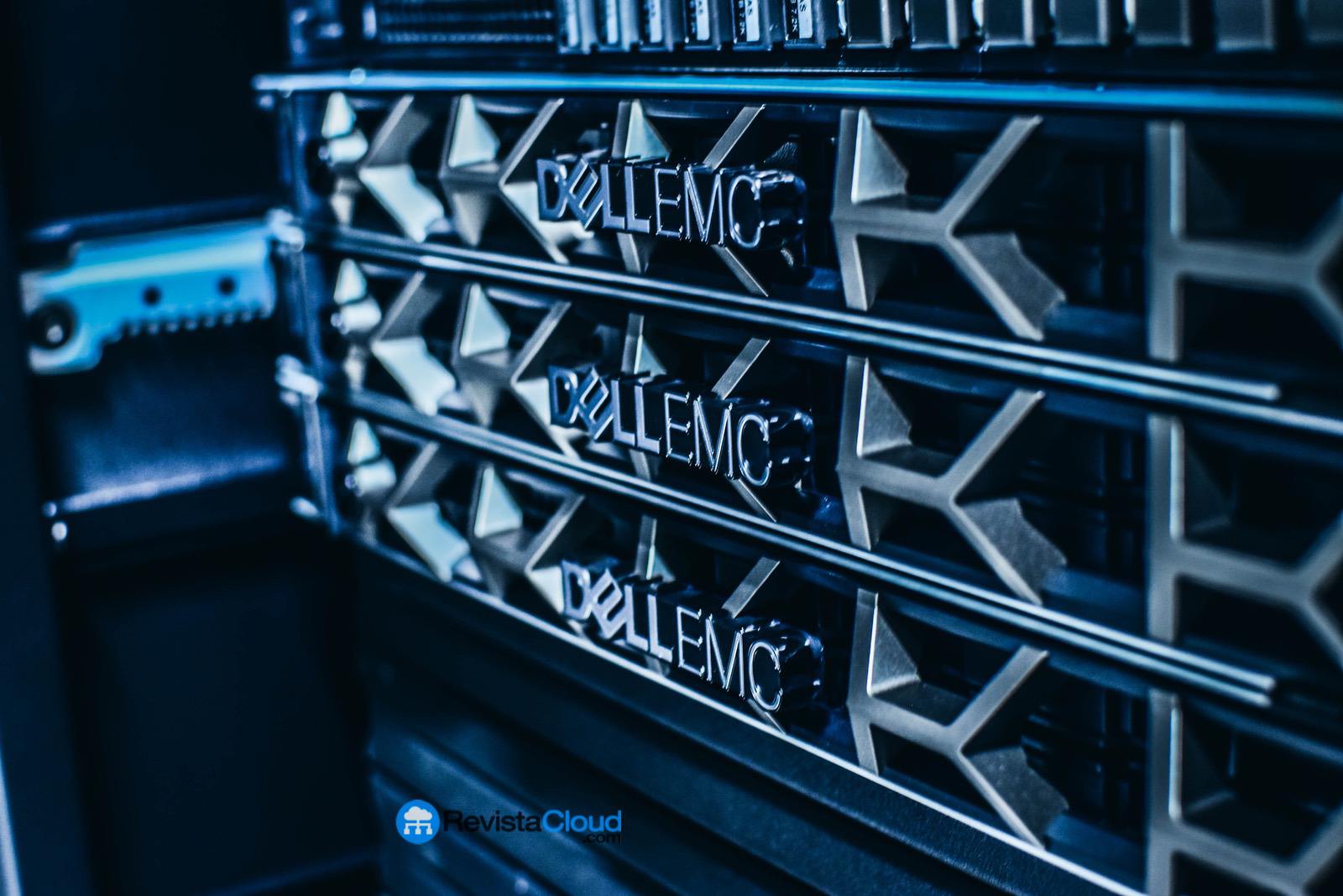The choice between a Virtual Private Server (VPS) and a dedicated server is a crucial decision that can directly impact the efficiency, security, and scalability of your technological infrastructure. While price is often one of the main factors to consider, other aspects such as control, performance, and long-term growth needs also play a determining role. This article explores the key differences between these solutions and how to choose the best one for your business.
VPS: flexibility and scalability at an affordable cost
A VPS is a virtual partition within a physical server that allows businesses to access dedicated resources at a lower cost than a full physical server. Thanks to virtualization, the hardware resources of the main server are divided into multiple isolated environments that operate as independent servers. This makes VPS an ideal option for growing businesses with moderate resource needs.

Advantages of VPS
- Fast scalability: Resources such as CPU, memory, or storage can be easily expanded.
- Moderate costs: They provide an economical alternative to dedicated servers, with flexibility in the payment model.
- Isolation and security: Although they share the physical server, VPS environments are isolated, ensuring privacy and greater security compared to shared hosting.
Limitations of VPS
- Reliance on shared infrastructure: Performance can be affected by the limitations of the underlying physical server.
- Less security compared to dedicated servers: While they are more secure than shared hosting, VPS does not offer the same level of protection as a completely isolated server.
Dedicated Servers: Maximum Performance and Control
A dedicated server or bare-metal server provides exclusive access to an entire physical server. This means that all hardware resources are available to a single business, making it the best option for projects requiring a high level of customization, performance, and security.
Advantages of Dedicated Servers
- Unmatched performance: They offer maximum power for demanding applications, such as large e-commerce platforms or data analytics.
- Complete security: The physical infrastructure is fully isolated, eliminating risks associated with shared usage.
- Complete flexibility: They allow for custom hardware and software configurations to meet specific requirements.
Challenges of Dedicated Servers
- High costs: They require a higher initial investment and greater operational costs compared to VPS.
- Slower scalability: While they are highly customizable, expanding their capabilities can be more complex and time-consuming.
The Hybrid Approach: The Solution for Partners and Service Providers
In today’s technology ecosystem, many businesses are adopting hybrid approaches that combine dedicated servers with virtualization solutions like VPS to provide services to third parties. This model is especially attractive for hosting providers, system integrators, and companies looking to market VPS services, web hosting, or specific applications.
This is where Stackscale positions itself as a benchmark in private cloud infrastructure and bare-metalA bare-metal server is a physical server with a single tenant servers. Although Stackscale does not directly offer VPS, its dedicated and bare-metal servers provide the perfect foundation for partners and service providers to deploy VPS solutions, web hosting, or customized applications.
Stackscale: Robust and Customizable Infrastructure for Advanced Solutions
1. Bare-metal for maximum control and performance
Stackscale specializes in bare-metal servers, offering cutting-edge hardware with complete control for companies to manage their environments directly. This option ensures superior performance, ideal for critical applications or services that require high processing capacity.
2. Solid foundation for virtualization
Stackscale’s dedicated servers are the ideal choice for companies looking to implement VPS or web hosting solutions. Technology partners can use Stackscale’s infrastructure to virtualize resources and offer scalable, customized services to their end customers.
3. Strategic data centers in Europe
With operations in Spain and the Netherlands, Stackscale operates in state-of-the-art data centers that ensure low latency, high availability, and strict compliance with European data protection regulations (such as GDPR).
4. Specialized technical support
Stackscale offers a personalized approach for each client, ensuring that the infrastructure is optimized for their specific needs. This level of attention allows companies to focus on their growth without worrying about the stability or performance of their infrastructure.
Conclusion: The Future is Hybrid and Flexible
In a rapidly evolving technological landscape, companies must adopt flexible strategies that combine the best of each solution. VPS is an ideal option for growing businesses with moderate needs, while dedicated and bare-metal servers are perfect for projects requiring maximum security, control, and performance.
With solutions like those offered by Stackscale (Grupo Aire), organizations can build a robust infrastructure that serves both their own operations and deploy advanced services to third parties. Ultimately, success in technology management lies in choosing a strategic partner that can adapt to present and future needs. Stackscale represents that trust and flexibility, providing the foundation for sustained growth in an increasingly competitive digital environment.

